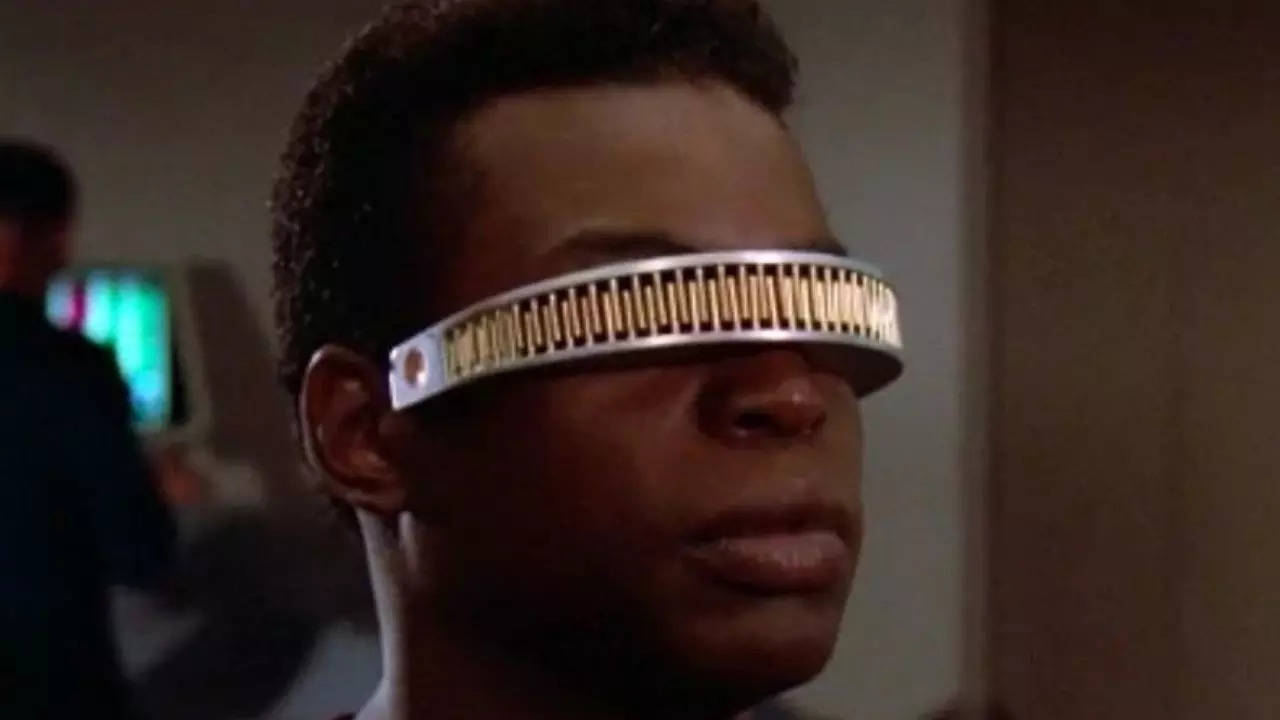
The U.S. Food and Drug Administration (FDA) has granted "breakthrough device" status to Neuralink's experimental vision-restoring implant, Blindsight. This designation is intended to accelerate the development and review of medical devices that offer promising treatments for severe conditions. Neuralink, a company founded by Elon Musk in 2016, is working on brain chip interfaces aimed at addressing disabilities like vision loss, paralysis, and communication challenges.
Blindsight is designed to restore sight to individuals who have lost their eyes or optic nerves. Musk explained that for those who have been blind since birth, the implant could offer vision for the first time, provided their visual cortex remains intact. While the initial vision quality will be low-resolution, akin to early video game graphics, Musk suggested that future advancements could enhance the implant’s capabilities, potentially surpassing natural vision. This could include seeing in wavelengths like infrared, ultraviolet, or even radar.
The FDA’s breakthrough device designation aims to fast-track the development of innovative medical technologies that address life-threatening or irreversibly debilitating conditions. However, despite receiving this designation, Neuralink has not yet started human trials for the Blindsight device, and no timeline for these trials has been provided. The FDA has not commented on when such trials might commence.
In addition to the Blindsight project, Neuralink is also working on a brain implant designed to help paralyzed individuals control digital devices using only their thoughts. This device, already implanted in at least one patient, has allowed them to perform tasks like playing video games and creating 3D objects. The ongoing study for this device is expected to involve three patients and continue over several years.
Neuralink's goal is to develop brain-computer interface technology that can restore motor functions, communication, and sensory experiences to individuals with neurological impairments.

